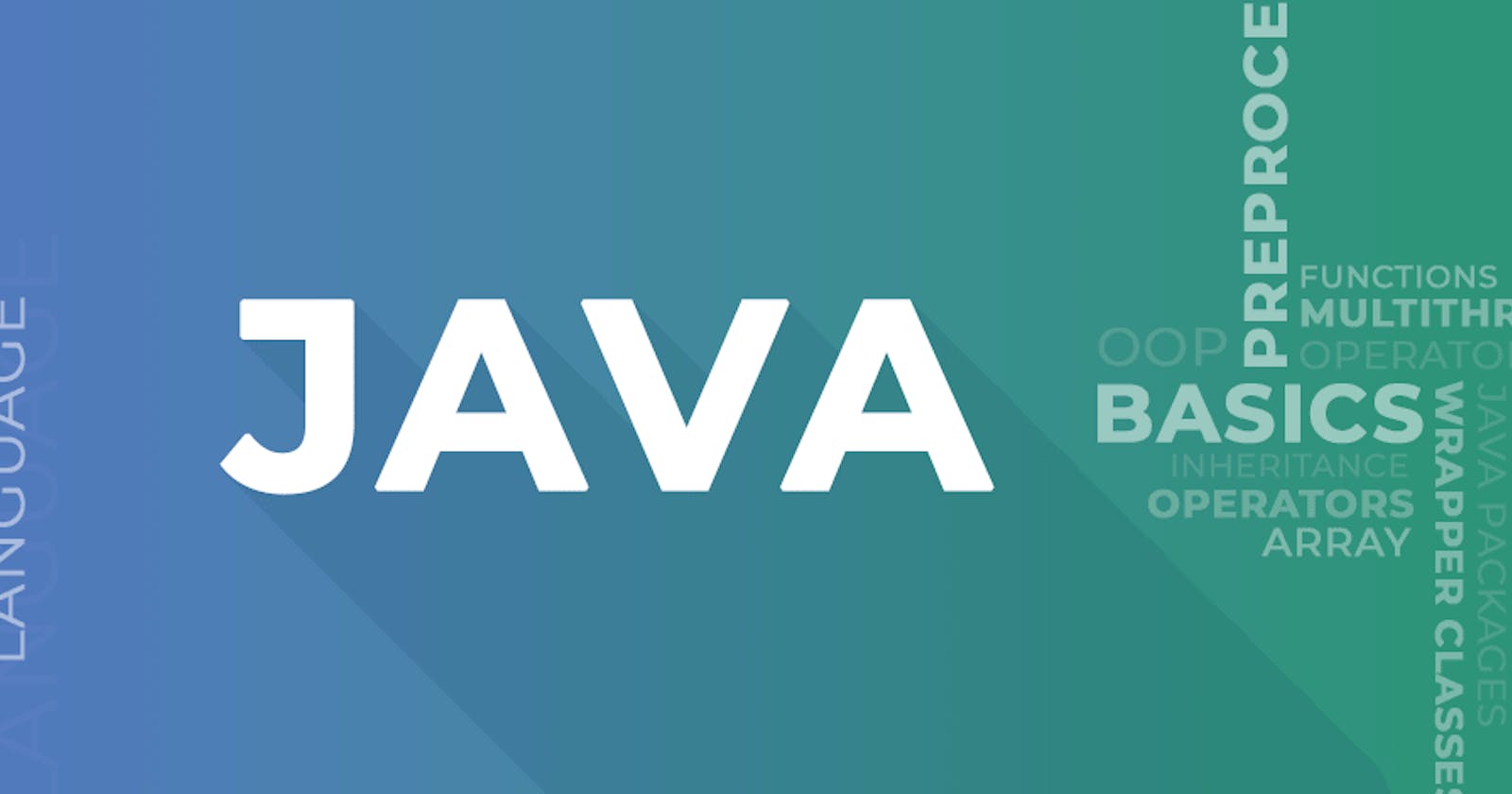Java, a versatile and powerful programming language, has become a cornerstone in the world of software development. If you're a beginner looking to embark on the journey of learning Java, you're in the right place. This blog post will provide you with essential tips and tricks to make your Java training experience smooth and rewarding.
1. Understanding the Basics:
Before diving into the intricate aspects of Java, it's crucial to establish a strong foundation in the basics. Familiarize yourself with concepts like variables, data types, loops, and conditional statements. Online resources, tutorials, and interactive platforms can be valuable tools in this initial phase.
2. Setting Up Your Development Environment:
To start coding in Java, you need a development environment. The most commonly used Integrated Development Environments (IDEs) for Java are Eclipse, IntelliJ IDEA, and NetBeans. Choose one that suits your preferences and provides a user-friendly interface to enhance your coding experience.
3. Mastering Object-Oriented Programming (OOP):
Because Java is an object-oriented language, the idea of objects is central to the language. Grasping the fundamentals of OOP, including classes, objects, inheritance, encapsulation, and polymorphism, is indispensable. This knowledge forms the backbone of Java programming and allows you to design and create efficient, modular code.
4. Effective Use of Java Documentation:
The Java documentation, also known as Javadoc, is a comprehensive resource that provides information about Java classes, methods, and packages. Cultivate the habit of referring to the documentation regularly. It not only aids in understanding the functionality of various components but also improves your ability to write well-documented code.
5. Practice Regularly with Coding Exercises:
Like any skill, programming improves with practice. Engage in coding exercises and challenges to reinforce your understanding of Java concepts. Platforms such as HackerRank, LeetCode, and CodeSignal offer a plethora of exercises designed to enhance your problem-solving skills and coding efficiency.
6. Version Control with Git:
Learning version control using Git is a valuable skill for any developer. Git allows you to track changes in your code, collaborate with others seamlessly, and manage different versions of your projects. Platforms like GitHub and Bitbucket provide hosting services for your Git repositories, enabling you to showcase your work and collaborate with the programming community.
7. Explore Java Frameworks:
Java boasts a rich ecosystem of frameworks that simplify and expedite the development process. As a beginner, familiarize yourself with popular frameworks like Spring and Hibernate. These frameworks provide solutions for enterprise-level applications, web development, and database connectivity, enhancing your capabilities as a Java developer.
8. Join Java Communities:
Being part of a programming community is a great way to stay motivated and learn from experienced developers. Participate in forums, discussions, and social media groups dedicated to Java programming. Engaging with the community not only provides valuable insights but also opens doors to networking opportunities and collaboration.
9. Continuous Learning:
The field of technology is ever-evolving, and Java is no exception. Stay updated with the latest advancements, tools, and best practices in Java development. Follow blogs, subscribe to newsletters, and attend webinars or conferences to stay abreast of the dynamic Java ecosystem.
10. Build Real-World Projects:
Apply your knowledge by working on real-world projects. Building applications from start to finish gives you hands-on experience and a deeper understanding of how different components interact. Showcase your projects in a portfolio to demonstrate your skills to potential employers or collaborators.
Conclusion
Embarking on the journey of Java programming requires dedication, practice, and a strategic approach. By mastering the basics, utilizing development tools, embracing OOP principles, and engaging with the programming community, you'll be well on your way to becoming a proficient Java developer. Remember, the key to success is continuous learning and the application of your skills in real-world scenarios.
To further enhance your learning experience, consider enrolling in a reputable best Java Training Institute in Mumbai, Vadodara, Agra, Thane, Navi Mumbai, Delhi, Noida & all cities in India. These institutes provide structured courses, hands-on training, and expert guidance to help you accelerate your Java programming skills. Connecting with a Java training institute in Mumbai can provide you with a supportive learning environment and additional resources to reinforce your understanding of Java development concepts. Happy coding!
